Remembering Lucky Akhand: A musical maestro of Bangladesh

In the realm of Bangla music, Lucky Akhand shines as a visionary luminary, whose soulful and innovative tunes left an enduring mark on the cultural landscape. Today, we honour his multifaceted legacy as an artist, musician, and freedom fighter, celebrating his profound impact on Bangla music.
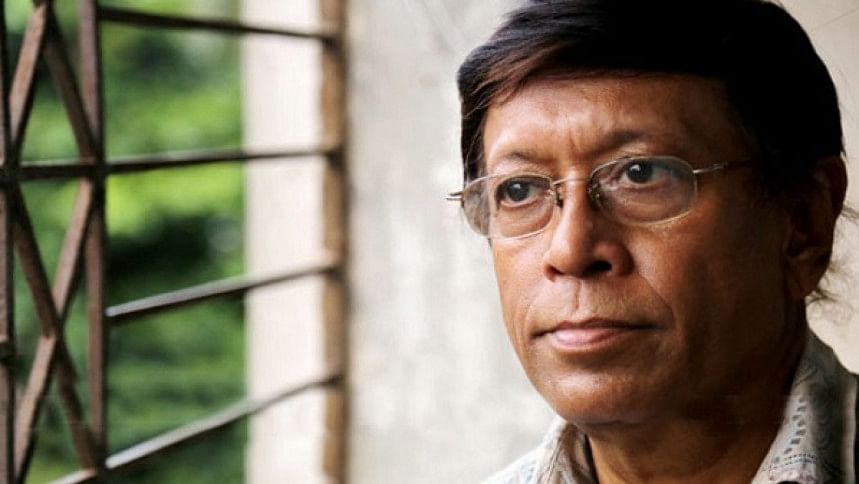
As we journey through his life and musical endeavours, we pay homage to the trailblazer who continues to inspire and resonate with audiences long after his departure seven years ago on this day in 2017.
Born in Dhaka in 1956, Lucky Akhand's journey resonates with the echoes of his timeless melodies, shaping the musical landscape of Bangladesh. Raised in a family deeply rooted in music, his early years were infused with a love for melodies. Originally named Aminul Haq, he later adopted the name Lucky Akhand. During the Liberation War, he chose the pseudonym "Lucky Anam" to protect his family from the Pakistani occupation forces.

Under the tutelage of his father, Abdul Ali Akhand, a retired lieutenant of the British Army, Lucky Akhand's musical journey began. Immersed in the harmonium's melodies during their evening sessions, he was inspired to pursue music from a young age. By the age of 13, he had won accolades in modern music and was listed as an HMV Pakistan artist at the age of 14, marking the beginning of a stellar career.

Joining the freedom fighters during the Liberation War, Lucky Akhand lent his voice to the cause of independence. His role as a singer at Swadhin Bangla Betar Kendra cemented his legacy as a musical revolutionary, penning numerous anthems of resistance.
Following independence, Lucky Akhand continued his musical journey, serving as the music director at Bangladesh Betar. His illustrious career spanned decades, producing timeless melodies that captivate audiences to this day.
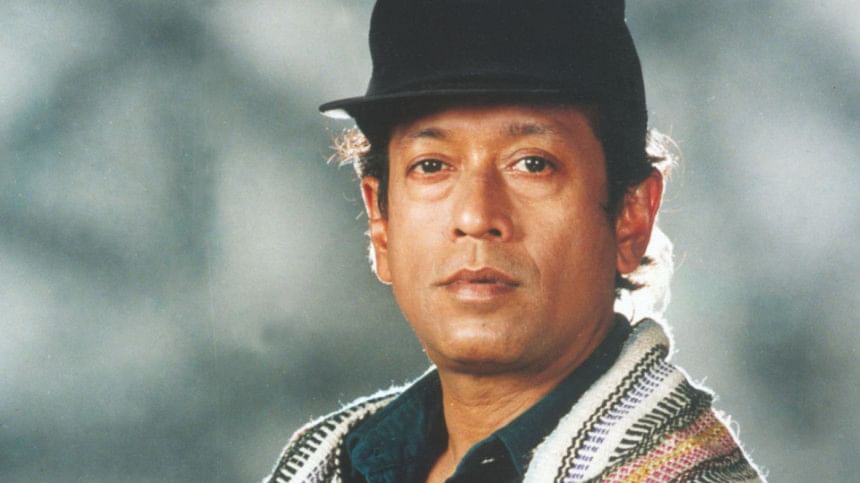
Lucky Akhand released his debut album, titled "Lucky Akhand," in 1984, marking the beginning of a new chapter in his musical journey. His compositions, including "Ei Neel Monihar," "Amay Deko Na," and "Kobita Porar Prohor Esheche," became instant classics, etching his name in the annals of Bangla music history.

Despite personal tragedies, such as the unexpected passing of his younger brother, Happy Akhand, in 1987, Lucky found solace in music. Reflecting on his brother's legacy, he once said, "Whatever I have learned from my father, I've passed it on to my younger brother, Happy. I've caused a lot of pain to Happy. At that time, we had many hardships, and I couldn't take care of him like I should have. There was sadness and pain. But if there were no deficiencies in our family, if there were no sorrows within us, then music would not have entered us as well."
A pioneer in blending folk fusion with Western influences, Lucky Akhand's music transcended boundaries. His fascination with Spanish melodies led him to experiment with diverse musical genres, creating a unique fusion that resonated with audiences.
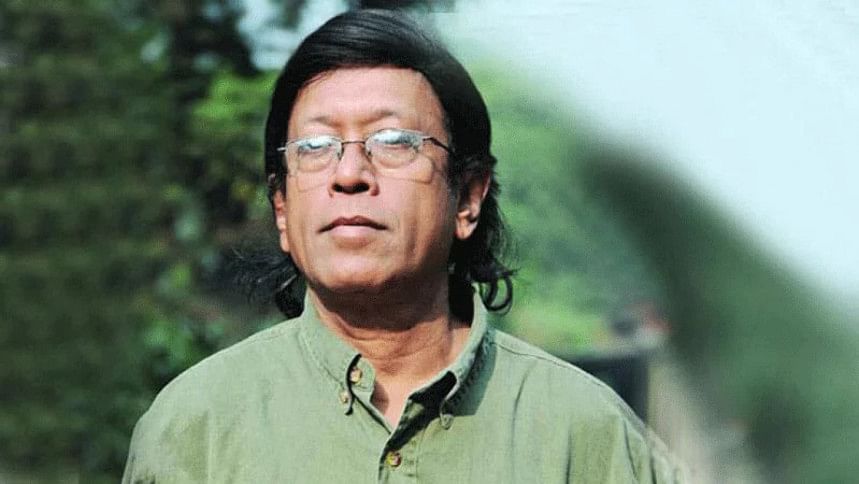
Despite his experimentation with Western and modern influences, Lucky Akhand remained deeply rooted in traditional Bangla music. His compositions, such as "Aaj Ei Brishtir Kanna Dekhe," "Neel Monihar," and "Phirari Pakhi," showcased his mastery of classical Bangla tunes.
He was distinct from others in his time. As a composer, he gained widespread fame and crafted melodies with emphasis to lyrics and expression, creating diversity within the same tune performed in various musical arrangements. This exploration has delighted everyone, and listeners have found a taste of novelty.
In enriching melody with diversity, Lucky Akhand emerged as a pioneer in the country through the successful use of humming. Alongside the skilful application of essential materials like water glasses, spoons, and matchboxes, resembling daily essentials, he skillfully employed innovative yet melodious rhythms. Songs like "Abar Elo Je Shondhya", "Jekhane Shimanto Tomar", "Tumi Ki Dekhechho Paharir Jhorna", and "Tumi Dakle Kache Ashtam Se To Janatei" have forever embedded themselves in the hearts of listeners with their lyrics, skilful use of soulful humming and expression.
Today, as we remember Lucky Akhand's musical legacy, we pay homage to his unparalleled contributions to Bangla music. His melodies continue to inspire generations, immortalising him as a timeless icon. Though he may have departed, his music lives on, echoing through the hearts of millions.

 For all latest news, follow The Daily Star's Google News channel.
For all latest news, follow The Daily Star's Google News channel. 




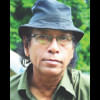

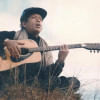



Comments